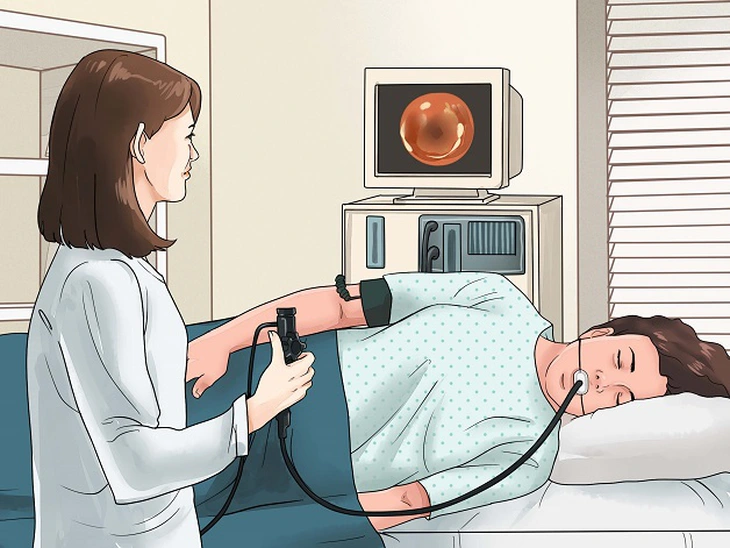
Gastroscopy for early screening of gastrointestinal cancer - Illustration: BVCC
Abnormal signs requiring gastroscopy
According to Dr. Nguyen Thi Thu Hien - Digestive Center, Bach Mai Hospital, some cases should have an early gastroscopy when seeing abnormal signs such as:
- Recurrent or prolonged epigastric pain (above the navel).
- Frequent heartburn, acid reflux, especially when hungry or after eating.
- Nausea, vomiting of unknown cause, accompanied by loss of appetite and fatigue.
- Fullness, indigestion despite eating in moderation.
"These symptoms can warn of stomach ulcers, gastroesophageal reflux, and even cancer if not treated promptly," Dr. Hien emphasized.
Signs of suspected dangerous disease, need to see a doctor immediately.
Dr. Hien also noted that the following group of signs should not be ignored, as they are often related to serious injury:
- Sudden weight loss not due to diet or exercise.
- Vomiting blood or passing black stools (signs of gastrointestinal bleeding).
- Difficulty swallowing, choking, feeling of food stuck in the throat.
- Prolonged anemia of unknown cause.
"Digestive bleeding or tumors can cause these symptoms. Endoscopy will help determine the location of the lesion and treat it during the procedure," Dr. Hien explained.
High-risk group - need regular screening
Dr. Hien recommends periodic endoscopy for people with the following factors:
- History of stomach disease, especially people with severe atrophic gastritis.
- Family has someone with stomach cancer (parents, siblings).
- People over 40 years old, smoke, drink a lot of alcohol, prolonged stress.
- People at high risk of gastrointestinal bleeding when using anticoagulants or non-steroidal anti-inflammatory pain relievers.
Depending on each specific case, periodic gastroscopy will be recommended every 1-3 years.
Even if there are no symptoms, high-risk groups should have a gastroscopy every 1-2 years to detect abnormalities early. "Many cases of early-stage stomach cancer are detected thanks to regular endoscopy, which helps with effective and minimally invasive treatment," Dr. Hien shared.
Source: https://tuoitre.vn/nhung-ai-can-noi-soi-da-day-som-de-tam-soat-sang-loc-cac-benh-nguy-hiem-20250825163813847.htm


![[Photo] Parade to celebrate the 50th anniversary of Laos' National Day](/_next/image?url=https%3A%2F%2Fvphoto.vietnam.vn%2Fthumb%2F1200x675%2Fvietnam%2Fresource%2FIMAGE%2F2025%2F12%2F02%2F1764691918289_ndo_br_0-jpg.webp&w=3840&q=75)




![[Photo] Worshiping the Tuyet Son statue - a nearly 400-year-old treasure at Keo Pagoda](/_next/image?url=https%3A%2F%2Fvphoto.vietnam.vn%2Fthumb%2F1200x675%2Fvietnam%2Fresource%2FIMAGE%2F2025%2F12%2F02%2F1764679323086_ndo_br_tempimageomw0hi-4884-jpg.webp&w=3840&q=75)


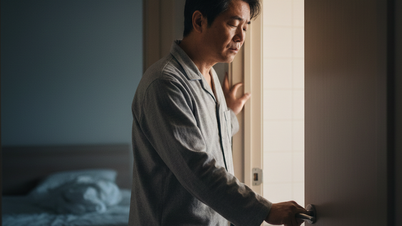









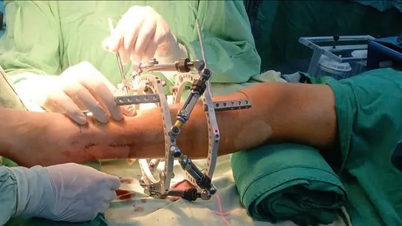

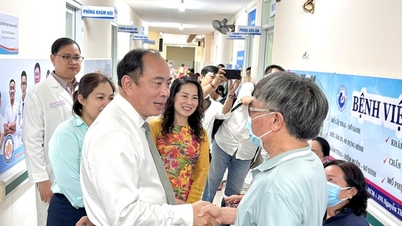





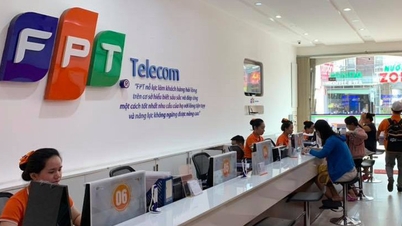
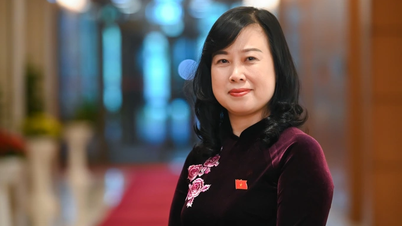














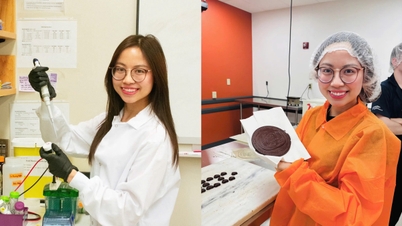















































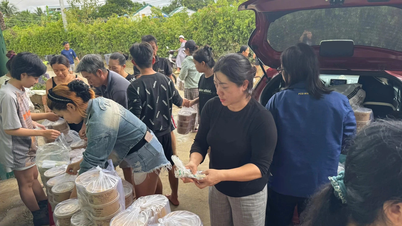













Comment (0)